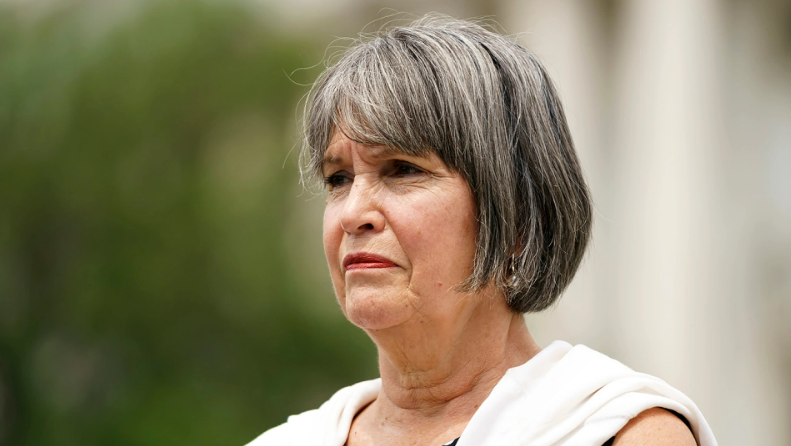Published in the Hill on February 12.
Photo: Rep. Betty McCollum (D-Minn.) addresses reporters during a press conference with the family of Palestinian American journalist Shireen Abu Akleh on July 28, 2022, to discuss the next steps to seek justice for her death in May. Source: Greg Nash.
Every 10 years, Republican and Democratic administrations, with the support of Congress, sign a memorandum of understanding to assist Israel’s ability to defend itself and, at the same time, they financially strengthen the American defense industry by requiring that all money spent stays in the United States. Even President Obama’s animosity toward Prime Minister Benjamin Netanyahu did not stop him from offering Israel “the single largest pledge of bilateral military assistance in U.S. history.”
As just one of many examples of how Israel and America help one another, today they are working together to build a hypersonic anti-missile defense system to thwart the threat of Chinese, North Korean and Iranian hypersonic missiles. Israel is allocating more than $200 million in 2023 to develop the Glide Phase Hypersonic Missile Interceptor. That Israel’s military technology benefits American national security is often ignored by those who claim American aid is a one-way street. Last month, Israel struck an advanced missile research site in Isfahan, Iran. Danny Yatom, former head of the Mossad, told Army Radio that the attack “targeted a facility developing hypersonic missiles.”
Yet the future of American foreign aid is anything but certain.
Read the rest from the Hill.
